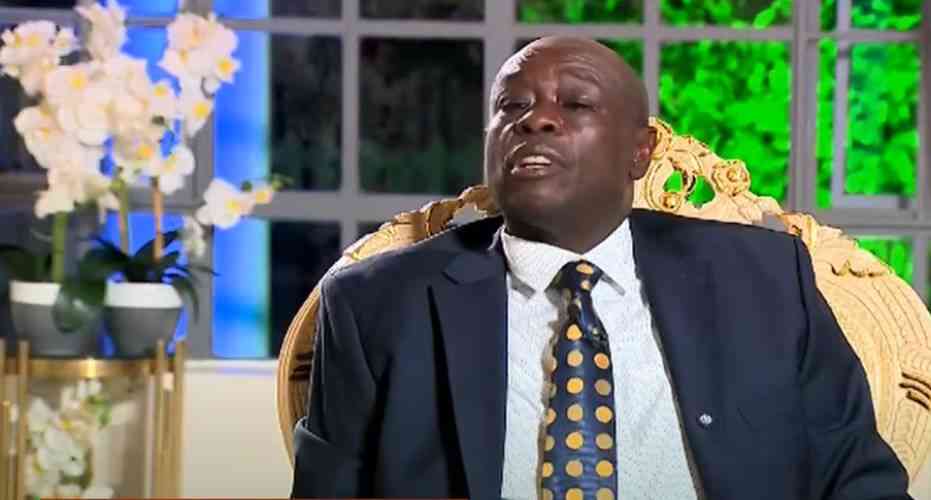National Assembly Speaker Moses Wetang’ula has defended the Computer Misuse and Cybercrimes (Amendment) Act, 2025, saying the new law is designed to safeguard familiesespecially children, from harmful online content, violent extremism, and cultism.
Speaking on Sunday during a church service at St. Teresa’s Isanjiro Catholic Church in Malava, Kakamega County, Wetang’ula dismissed claims that the law seeks to stifle free speech, describing it instead as a moral safeguard for responsible digital behavior.
“As a Catholic, I feel saddened when people spread falsehoods about this law. It is not meant to gag anyone but to protect our families and children from online harm,” he said.
The Speaker noted that while Kenya’s digital revolution has brought immense benefits in education, commerce, and communication, it has also exposed society to cyberbullying, child pornography, online radicalization, and misinformation.
“It would be irresponsible to look away while children are exposed to violent or pornographic content. The moral foundation of our society is at risk if digital spaces remain unregulated,” he said.
Citing global examples, Wetang’ula said Kenya’s legislation borrows from international best practices seen in countries such as the United States, France, Australia, and the United Kingdom, which have enacted similar laws to protect minors and families.
He emphasized that the law empowers a dedicated commission to identify, penalize, and take down websites promoting harmful content such as cultism, violent extremism, and pornography.
“We saw what happened in Shakahola, where innocent Kenyans died after being brainwashed through digital platforms. Such tragedies must never happen again,” he said.
On his part, National Assembly Majority Leader Kimani Ichung’wah, who accompanied Wetang’ula, also defended the law, saying it aims to curb online cultism, extremism, and pornography—not free speech.
“Critics are misinformed. This amendment was modeled to protect Kenyan families that have suffered from unregulated online content,” said Ichung’wah.
He said the bill’s sponsor, Wajir East MP Aden Daud, was motivated by the rise in cases of minors accessing explicit material on their parents’ devices.
“If your website promotes education or business, you have nothing to fear. But if it spreads pornography or extremist propaganda, it will be pulled down,” Ichung’wah warned.




















